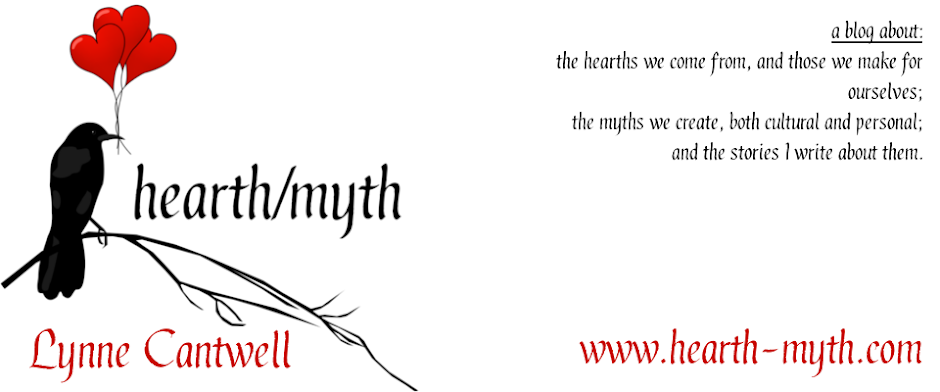 |
| Gordon Johnson | Pixabay |
Zuckerberg said he would, because voters should be able to hear all sides of an issue or dispute, so they can make up their own minds about what's true. In other words, he's saying it's a question of freedom of speech. Here's video of the exchange:
This wasn't Zuckerberg's first comment this month on Facebook's policy, and he was drawing fire from the left even before the congressional hearing on Thursday. One blogger suggested that if Facebook continues to run misleading political ads, then it should acknowledge that it's spreading misinformation -- and making money from it.
Sounds like the sort of thing a truth-in-advertising law would cover, doesn't it? In fact, the United States has truth-in-advertising laws, administered by the Federal Trade Commission, and they cover ads for lots of things. But not politics. Why the exemption? Because of the danger of placing limits on freedom of speech.
A truth-in-political-advertising law might have helped John Kerry. The 2004 Democratic presidential nominee's campaign was severely wounded by an opposition group called Swift Boat Veterans for Truth. The group challenged Kerry's record as a Vietnam War hero, among other things, and the idea that he'd lied about his record stuck -- even though vets who'd served with Kerry agreed with his version of events.
It turns out that this argument about lies and half-truths in political ads surfaces at least every four years -- not just in 2004, but in 2008, in 2012, and of course in 2016. And the answer is always the same: political ads are protected speech. The place to sort the liars from the truth-tellers is in the marketplace of ideas, and the job belongs not to those who provide the platform but to the voters.
That worked well enough back in the day, when everybody read the same newspapers and watched the same TV networks, and thereby got the same ads. But now, Facebook sells ad space that can be targeted to, say, certain zip codes, age groups, and interests. That's great when you're selling books, say. It's not so great when you're selling real estate and trying to keep blacks from seeing your ads in mostly-white neighborhoods. Or when you're selling a political candidate and looking for people who would believe anything you say about your client's opponent.
I'm not saying we should enact truth-in-advertising laws for political speech. I guess what I'm saying is that we voters should make an effort to hear what all the candidates have to say -- and make a concerted effort to determine which politicians' claims are true and which ones aren't.
***
These moments of bloggy truthiness have been brought to you, as a public service, by Lynne Cantwell.





